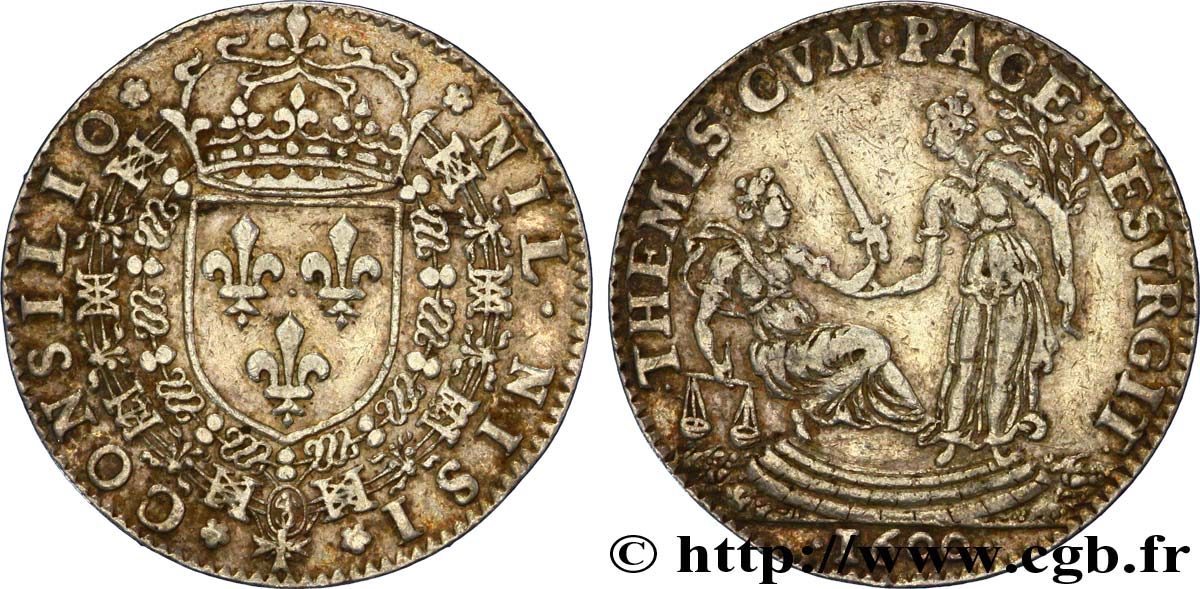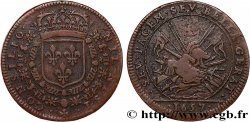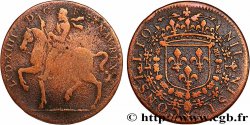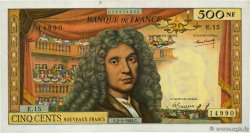E-auction 601-570687 - fjt_230869 - CONSEIL DU ROI Henri IV 1600
Чтобы принять участие в торгах, вы должны войти в систему и стать подтвержденным участником аукциона. Войдите, чтобы сделать ставку. Ваш аккаунт будет подтвержден в течение 48 часов. Не ждите до закрытия торгов, чтобы зарегистрироваться.Сделав ставку на данный товар, вы вступаете в юридическое соглашение на покупку выбранного товара и нажатием кнопки «Сделать ставку» подтверждаете принятие вами условий интернет-аукционов cgb.fr.
Ставка может бить сделана только в полном эквиваленте евро. Торги закроются согласно времени, указанному в описании товара, все ставки, сделанные после закрытия торгов, учитываться не будут. Не следует откладывать предложение вашей ставки до последнего момента, так как система может не успеть обработать вашу заявку, и ваша ставка не будет принята. Более детальную информацию вы найдёте здесь: FAQ по интернет-аукционам.
БЕСПЛАТНО.
БЕСПЛАТНО.
| Оценить : | 140 € |
| Цена : | 91 € |
| Максимальная предлагаемая цена : | 115 € |
| Конец торгов : | 21 October 2024 20:14:20 |
| Участников : | 9 Участников |
Тип Henri IV
Дата: 1600
Металл: silver
Диаметр: 27 mm
Ориентация осей монеты: 6 h.
Век: lisse
Редкость: R1
Ссылки в каталоге: :
Лицевая сторона
Аверс: легенда: NIL. NISI. CONSILIO.
Аверс: описание: Écu de France couronné entouré des deux colliers des ordres du roi.
Аверс: перевод: Rien sans le Conseil.
Обратная сторона
Реверс: легенда: THEMIS. CVM. PACE. RESVRGIT ; À L'EXERGUE: 1600.
Реверс: Описание: La Paix debout à gauche relevant la Justice assise à droite.
Реверс: перевод: La Justice se relève avec la Paix.
Комментарий
Ce jeton partage son revers avec un jeton du Conseil du Roi, le Feuardent 83 et les jetons de plusieurs personnages, Ansel Robineau, S. Biseul et F. Durant, conseillers à la Cour des Monnaies, P. de Donnadieu, Lieutenant du Roi en Anjou et Guillaume Boullenc.








 Cообщить об ошибке
Cообщить об ошибке Распечатать страницу
Распечатать страницу Отправить мой выбор
Отправить мой выбор Задать вопрос
Задать вопрос Consign / sell
Consign / sell
 Информация
Информация












